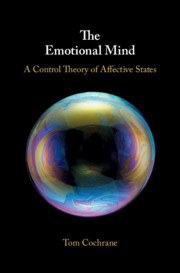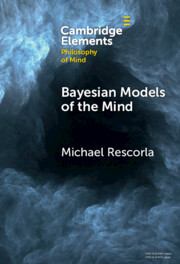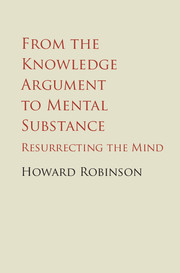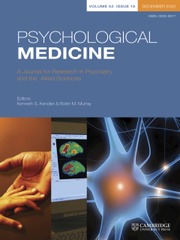The Attending Mind
An ancient metaphor likens attention to an archer pulling her bow - the self directing her mind through attention. Yet both the existence of such a self, and the impact of attention on the mind, have been debated for millennia. Advancements in science mean that we now have a better understanding of what attention is and how it works, but philosophers and scientists remain divided as to its impact on the mind. This book takes a strong stance: attention is the key to the self, consciousness, perception, action, and knowledge. While it claims that we cannot perceive novel stimuli without attention, it argues that we can act on and experience the world without attention. It thus provides a new way of thinking about the mind - as something that can either shape itself through attention or engage with the world as it is given, relying on its habits and skills.
- Helps the reader to navigate both historical and contemporary research on attention in philosophy, cognitive science, psychology and neuroscience
- Explores key topics such as mental causation, top-down attention and working memory
- Suggests new theoretical approaches towards the self, perception, consciousness and action
Reviews & endorsements
'In this concise, lucid book … Jennings offers a reconciliation between agent-centered freedom and compatibilism. Philosophical psychology is enriched by this valuable exploration.' J. R. Shook, Choice
Product details
March 2020Hardback
9781107195608
260 pages
234 × 157 × 18 mm
0.48kg
Available
Table of Contents
- 1. Introduction
- 2. The philosophical landscape on attention
- 3. Attention, mental causation, and the self
- 4. Attention, perception, and knowledge
- 5. Attention, consciousness, and habitual behavior
- 6. Attention, action, and responsibility
- 7. Conclusion
- Appendix A. Mental causation and its problems
- Appendix B. The conceptual history of top-down attention
- Appendix C. Top-down attention and the brain
- Appendix D. Working memory and attention.









